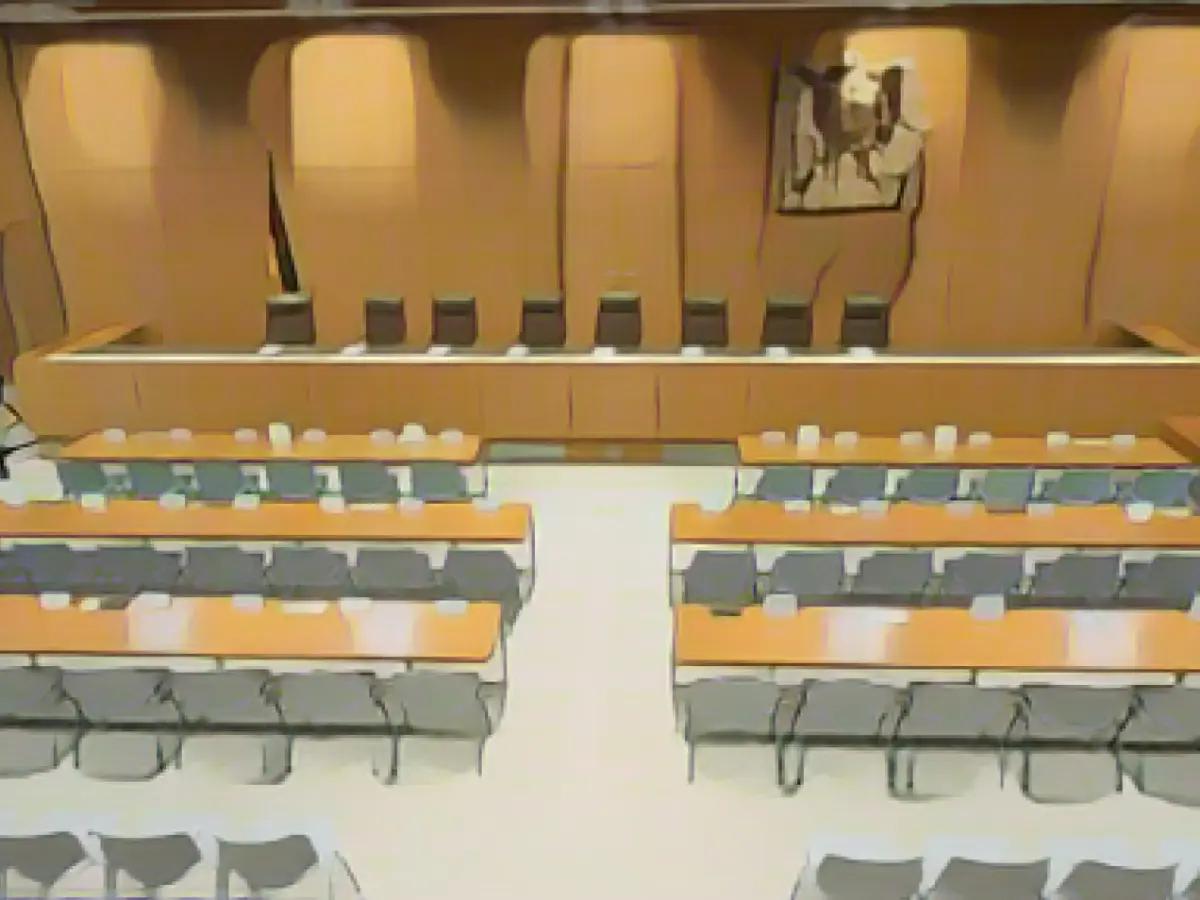Another shake-up at Germany's Federal Constitutional Court: The Federal Council selects Holger Wöckel
Born and raised in Chemnitz, Saxony, Wöckel has a varied background, having worked at the Higher Administrative Court in Münster and as a research assistant at the Federal Constitutional Court. His familiarity with the court stretches back to 2019.
Saxony's Minister President, Michael Kretschmer (CDU), hailed the election as a "German-German success story." Kretschmer emphasized the value of having judges who can bring personal experiences from the GDR and reunification era to the highest court in Germany.
Preceding Wöckel and the election of Peter Frank in late November, the Federal Constitutional Court had already welcomed four new judges: Rhona Fetzer, Thomas Offenloch, Martin Eifert, and Miriam Meßling, the former Vice President of the Federal Social Court.
While federal elections may impact various aspects of the German political landscape, the selection of judges for the Federal Constitutional Court is a process separate from these elections.
Key Points on the Selection Process of Judges for the Federal Constitutional Court:
- Selection Committee: Judges for the Federal Constitutional Court are elected through a joint process by a special committee from both the Bundestag and the Bundesrat.
- Majority Vote: To be elected as a judge, an individual must secure a majority vote of two-thirds of the votes cast. This ensures that no single party or coalition can exert direct control over the court's composition.
- Term and Age Limits: Judges serve a single, twelve-year, non-renewable term, and they must retire at the age of 68.
Although Wöckel's election marks another change for the Federal Constitutional Court, the selection process ensures independence and impartiality, maintaining the court as a stalwart of the German democratic system.
Source:
Enrichment Data: The German Federal Constitutional Court's composition is not directly impacted by recent or upcoming federal elections. Instead, judges are selected through a process involving the joint involvement of the Bundestag and Bundesrat, ensuring the independence and fairness of the court's judges.








